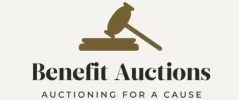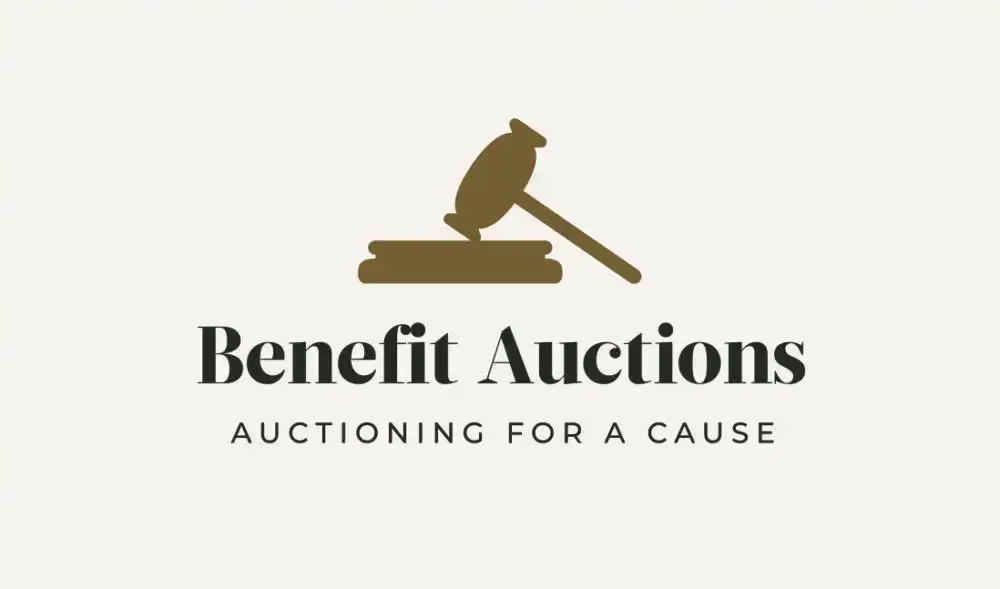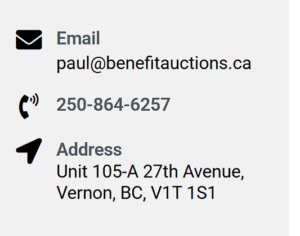CRA Polices that Charities follow when issuing Charitable Donation Tax Receipts
All registered charities must adhere to the Canada Revenue Agency (CRA) Income Tax Act when issuing charitable tax receipts. Detailed guidelines can be found on CRA’s Charities and Giving website: www.canada.ca/en/revenue-agency/services/charities-giving/charities/operating-a-registered-charity/issuing-receipts.html.
Here is a useful summary for both businesses and individuals donating to a charity and purchasing items from a charity
A. BUSINESS
1. Gifts in Kind
In general, there is no benefit to a business to obtain a charitable donation tax receipt for a donation of items from inventory. Such contributions are considered a business expense. The Foundation will provide a letter acknowledging the items donated. However, if a business requires a charitable donation receipt, the Foundation will accommodate the request.
A business that donates inventory can deduct the cost of the inventory as a business expense. If a charitable donation tax receipt is requested by the business, then they are required to include the fair market value of the donated property as income, which is then offset by the deduction of the charitable donation. As a result no benefit is obtained from the charitable donation tax receipt.
2. Services
Canada Revenue Agency disallows donations of services for charitable donation tax receipts. Contributions of services (including Gift Certificates) are not property and do not qualify as gifts.
3. Cash/cheques
A charitable donation tax receipt will be issued by the Foundation for regular donations of money, if requested. The minimum amount for a receipt is determined from time to time by the Foundation.
B. INDIVIDUALS
1. Gifts in Kind
Where the Foundation agrees, a charitable donation tax receipt can be issued for items donated by individuals, which are accompanied by a receipt of purchase from the original supplier, or appraisal. If the item was purchased within three years, the receipt will be the lesser of the cost or fair market value. A charitable donation tax receipt will not be issued for auction items in which the value of the item is not clearly ascertainable. This includes dinners at a private resident or certain personal items such as sports paraphernalia.
The charity is responsible for reporting the fair market value of the gift in kind on the official charitable donation tax receipt. Canadian Revenue Agency indicates that the fair market value is the “highest price in dollars that the property would bring in an open and unrestricted market” between a willing buyer and seller who are both informed, prudent and knowledgeable and acting at arm’s length. In order to determine the fair market value of a gift in kind, an independent appraisal is required for items over $1,000.00. For individuals who make artwork for a hobby, only the value of the inventory used to make the art piece is eligible for a charitable donation tax receipt. (Time cannot be factored in the value).
2. Art Donated to Charity for Auction
A charitable donation tax receipt can be issued for art over $1,000 if there is a letter of appraisal from an independent retailer verifying the value. For art under $1,000 a receipt of purchase must be provided to clearly indicate the fair market value. For art purchased within the past three years, the receipt will be the lesser of the FMV or the Purchase price.
For individuals who make art for a hobby, only the value of the inventory used to make the art piece is eligible for a charitable donation tax receipt. (Time cannot be factored in the value).
3. Services
A charitable donation tax receipt cannot be issued for services, since Canada Revenue Agency disallow it.
The individual can bill the charity for the service and receive payment, at which time the individual can donate back the amount received for the service. The individual must report the service as taxable income. Gift certificates for services cannot be receipted. The amount must be included in the budget for prize acquisition per event.
4. Cash/cheques
A charitable donation tax receipt will be issued for regular donations of money. All information regarding the donor must be attached.
C. DONATIONS ROM A THIRD PARTY FUNDRAISER
As per Canada Revenue Agency (CRA), where a transfer of property constitutes a gift for tax purposes, the charity is entitled, pursuant to Income Tax Regulations 3501 (1h) to issue an official receipt for income tax purposes to the donor. The donor may only claim a tax credit in respect of a charitable gift made directly by him/herself.
The Coordinator of a Fundraiser appears to be acting as an “Agent” for the persons (donors) whom the funds are collected. The property transferred to the charity is the property of the persons from whom the gifts were collected on the understanding it would be given to a charity. Those persons are entitled to a charitable receipt within the guidelines of charitable tax receipting rules applicable to events.
It is Canada Revenue Agency’s (CRA) view that where a Coordinator of an Event collects funds from the general public and pays the amount to a registered charity, the Coordinator would not be the person entitled to a charitable donation receipt.
D. ITEMS PURCHASED AT AUCTION
Charities do not issue a charitable donation tax receipt to people who buy items at an auction, unless the payment exceeds 125% of the fair market value of the item and the value is clearly ascertainable and made known to bidders in advance.
Canada Revenue Agency allows the 25% (or higher) “premium” paid over the fair market value as a charitable donation. A bid below 125% of the fair market value is considered by Canada Revenue Agency as the recipient receiving something in return and therefore there is no “gift of a donation”.
E. RECEIPTS FOR TICKETS TO FUNDRAISING EVENTS AND GOLF TOURNAMENTS
1. Tickets
In accordance with Canada Revenue Agency, the charity must calculate the portion of the purchase price that is eligible for an official charitable donation tax receipt by determining the fair market value of admission to the fundraising event.
A Fundraising event should only have door prizes or gifts, which have a nominal value where the fair market value does not exceed the lesser of $75.00 or 10% of the amount of the ticket.
2. Golf Tournaments
Canada Revenue Agency considers fundraising golf tournaments as “like events” within the meaning of the Interpretation Bulletin 110R3. This means a charity can issue a tax receipt for the difference between the price of the admission ticket for the tournament and the fair market value of the golf games, plus any other entertainment and meals received by the players. Special rules apply if the person playing is a member of the club and would not have to pay green fees.


